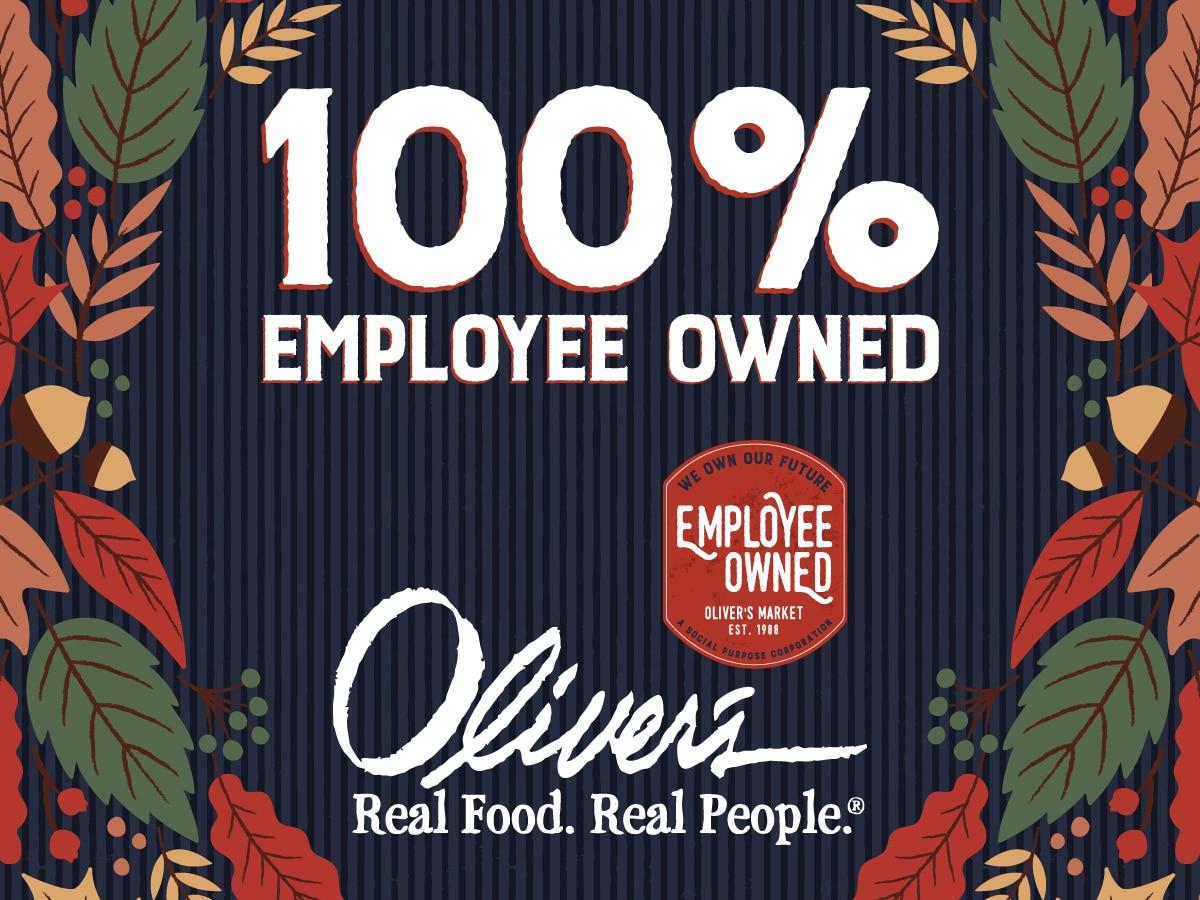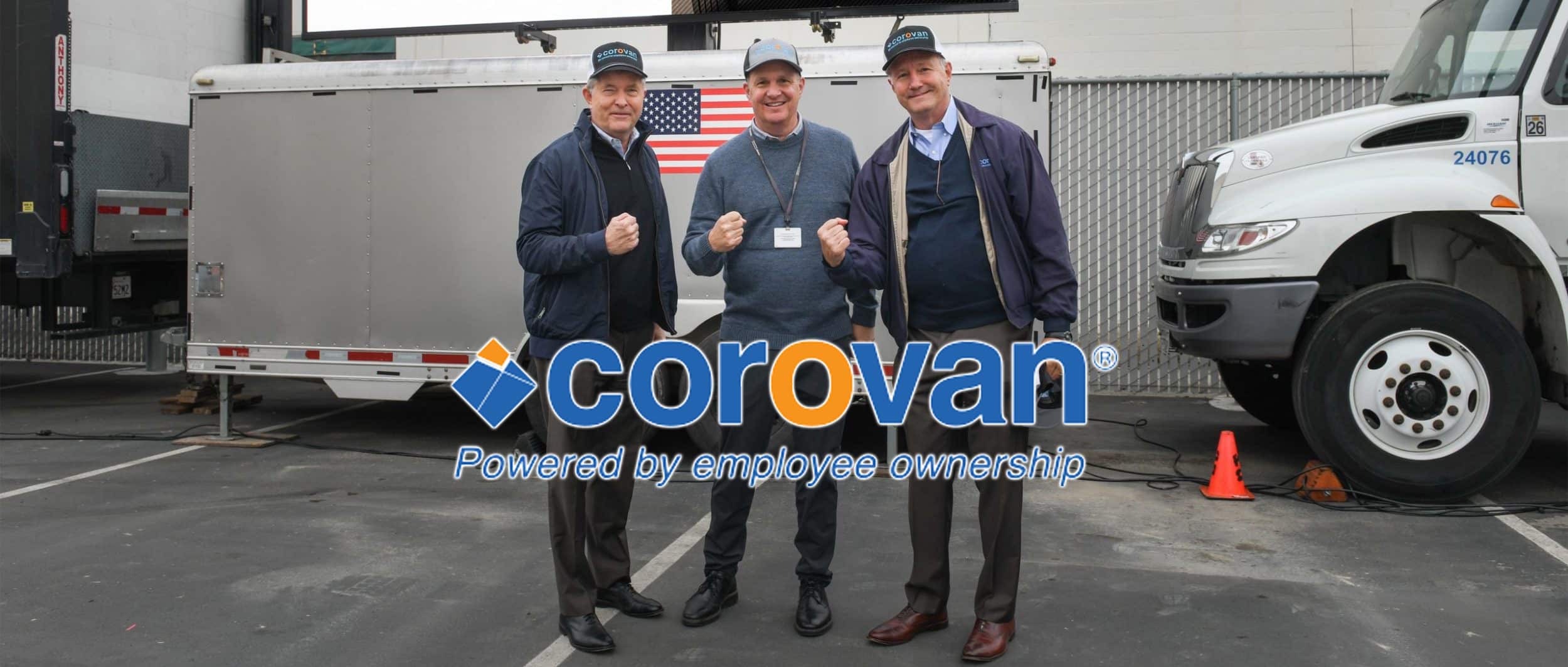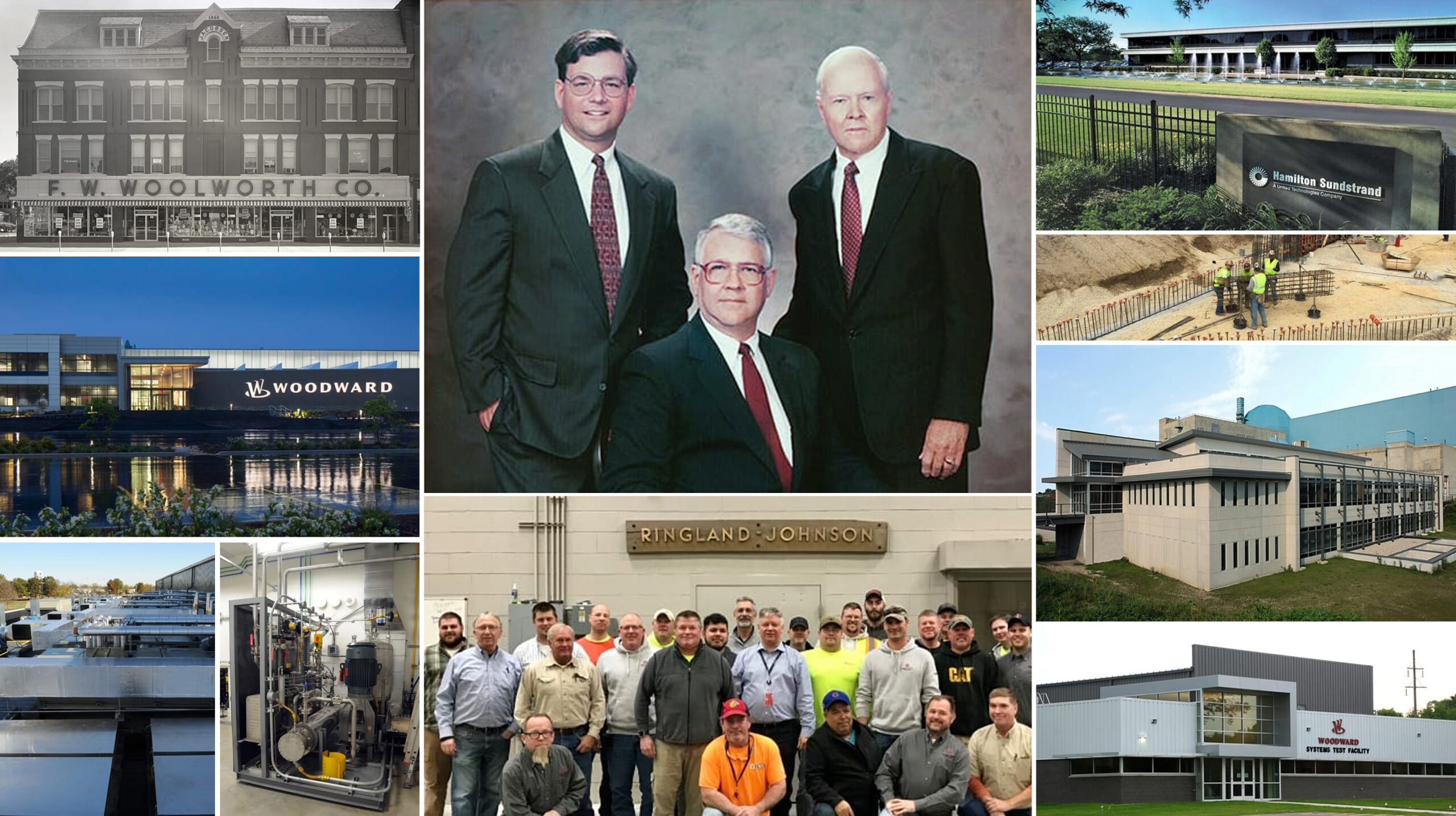By Trevor Gilmore
Zweig Group’s recently released 2019 Valuation Survey of AEC Firms highlights an important trend in employee ownership performance. Zweig focused on nationwide AEC firms – i.e. architecture, engineering & construction firms, of all sizes. From a valuation perspective, firms with employee stock ownership plans (ESOPs) performed better than non-ESOP firms in five of the six valuation ratios for the years 2016 through 2018. Some key highlights:
- ESOP firms have a median value per employee of $89,000, compared with $69,136 for non-ESOP firms ( a 30% premium)
- ESOP firms command higher median EBITDA multiple – 6.67x versus 3.51x for a non-ESOP firm (a whopping 90% premium)
- ESOP firms outshined their non-ESOP counterparts in these three valuation metrics: value/net revenue, equity value/profit and equity value/book value ratios.
- The only metric where non-ESOP firms outperformed ESOP firms was the value/backlog metric – which was .66 and .64, respectively. The difference is arguably immaterial.
Why do ESOP AEC firms command a higher valuation than their non-ESOP peers? Especially when you consider the future share repurchase burden? Two things come to mind: (1) efficiency/productivity gains and (2) the ESOP tax shield. The broad-based employee ownership under an ESOP will motivate a firm’s main asset, its staff, to work smarter. Working smarter usually equates to higher profits over time. The tax shield is a boon for cashflows – since most employee owned AEC firms are organized as S corporations, their income is passed through to the tax-exempt ESOP shareholder – which means the company is essentially exempt from federal tax. Increased cashflows can be used for acquisitions, growth, reinvestment, share repurchases, and so on.

Are we thinking too binary here – is there a better AEC ownership structure out there beyond the ESOP vs. non-ESOP dialogue? The combination of broad-based equity and great tax efficiencies drive higher employee performance which in turn drive higher values makes a compelling case that an ESOP is the ideal structure.
Trevor Gilmore is the Chief Financial Officer of The Menke Group







